Menu
Close
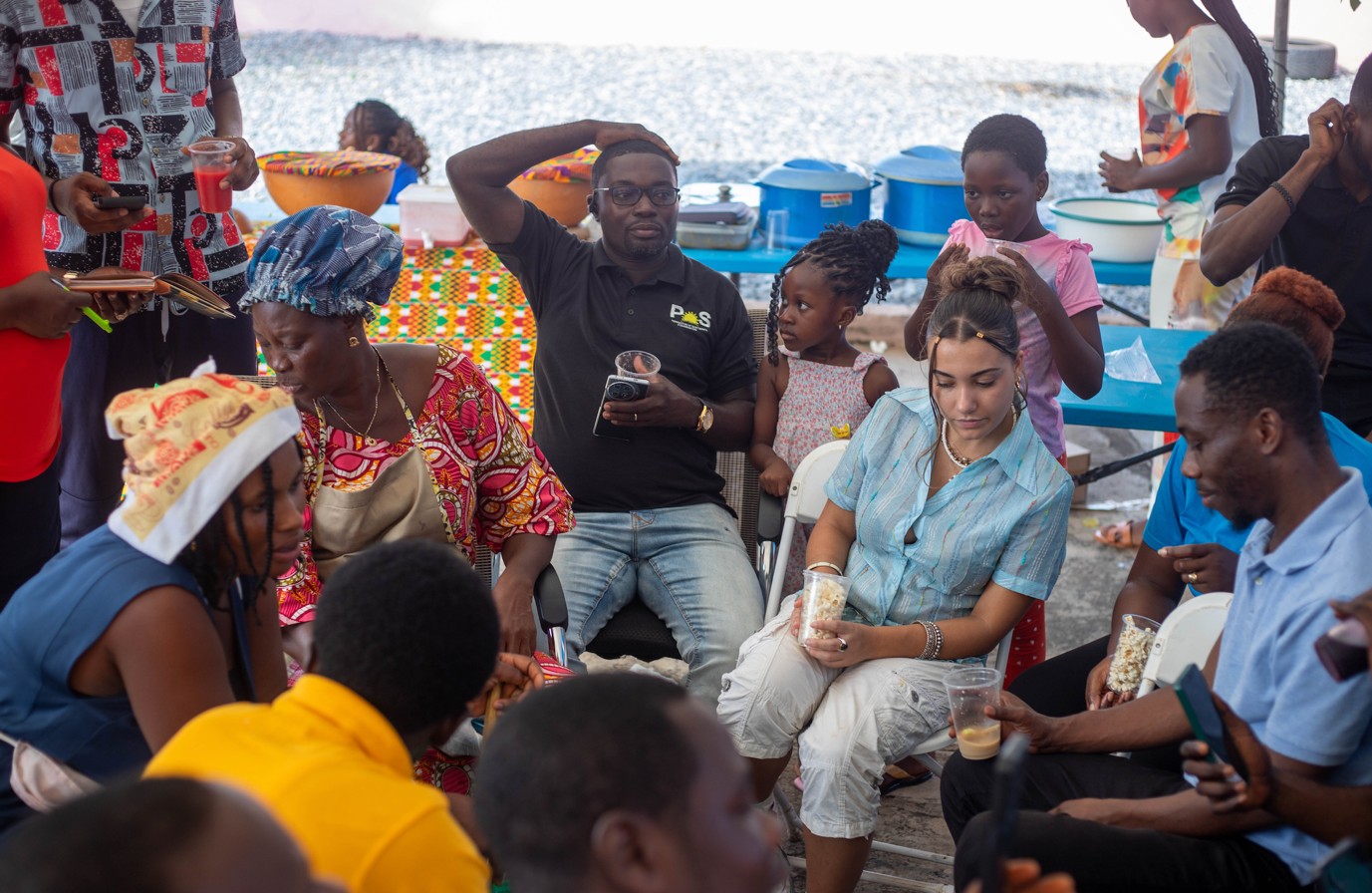
I have recently graduated from the university of Bristol in BSc Politics and International Relations. Soon after, I took up an internship with the POS Foundation in Ghana. I write this article to highlight some of the work that the organisation is dedicated to.
The world is characterised by an era of “mass incarceration”, with approximately 11 million people incarcerated globally (Penal Reform International and Thailand Institute of Justice, 2021). Ghana is no exception, reflecting an increase in prison population over the last 15 years. The country’s penology system relies on monetary fines and is void of alternatives such as community service policies. Consequently, many offenders are incarcerated simply because they cannot afford to pay fines—a punitive approach that often fails to fit the crime.
The issue runs deeper. 98% of remand inmates in Ghana are low-income individuals who cannot afford a lawyer and often unaware of their legal and human rights. This systemic failure not only exacerbates prison overcrowding but also exposes inmates to heightened risks of communicable diseases, and psychological trauma. Compounding this, poor management is a result of limited funds and resources, perpetuated by public apathy towards criminal justice reform. During my time with the POS Foundation, I witnessed first-hand how this Ghanaian civil society organization, founded by Jonathan Osei Owusu in 2005, tackles these immense challenges. POS works on behalf of all minorities in society, fighting for sexual minority rights, gender-based violence, and the HIV and AIDS pandemic, but it is best known for its flagship initiative, the Justice for All (JFA) Program, the Foundation provides legal aid, advocates for alternative sentencing, and ensures fair trials for remand prisoners.
Under Mr. Osei Owusu’s leadership, the Foundation has delivered measurable results, most notably reducing Ghana’s prison overcrowding rate from 33% to under 10%. More broadly, the organization is driving systemic change by fostering collaboration between prison officers and criminal justice professionals, promoting the implementation of international conventions, and encouraging alternative incarceration methods. Overarchingly, I believe that criminal justice reform, while often sensitive, deserves greater attention in discourse, policy, and practice.
Jonathan Osei Owusu is a fearless commentator on national affairs, and a formidable human rights advocate. Working under Mr. Osei Owusu’s leadership, I gained invaluable insights into the inner workings of the JFA Program, and of the civil society world at large. From reviewing remand prisoner cases to collaborating with paralegals, heads of judiciary and humanitarian professionals, I observed some of the intricate processes involved in delivering justice.
Mr. Osei Owusu’s meticulous attention to detail, particularly in managing relationships with donor organizations like the UNFPA, highlighted the dual nature of NGO work—one that requires both diplomatic acumen and bureaucratic precision. Accurate reporting, clear communication, and transparent processes were non-negotiables in maintaining donor confidence. His statesmanlike demeanour and ability to engage effectively with stakeholders, including government officials, civil society leaders, and international representatives, demonstrated the delicate balance between professionalism, political strategy, and humility.
My introduction to the POS Foundation was both abrupt and eye-opening. After arriving in Accra late one evening, I was on the road by 5 a.m. the next morning to join a focus group meeting in the Volta Region. The following day, I participated in a skills training workshop designed to rehabilitate formerly incarcerated individuals. Under the “Reformation, Rehabilitation, and Reintegration of Formerly Incarcerated Persons” program, 30 participants were equipped with vocational and entrepreneurial skills such as soap making, photography, and traditional beverage preparation.
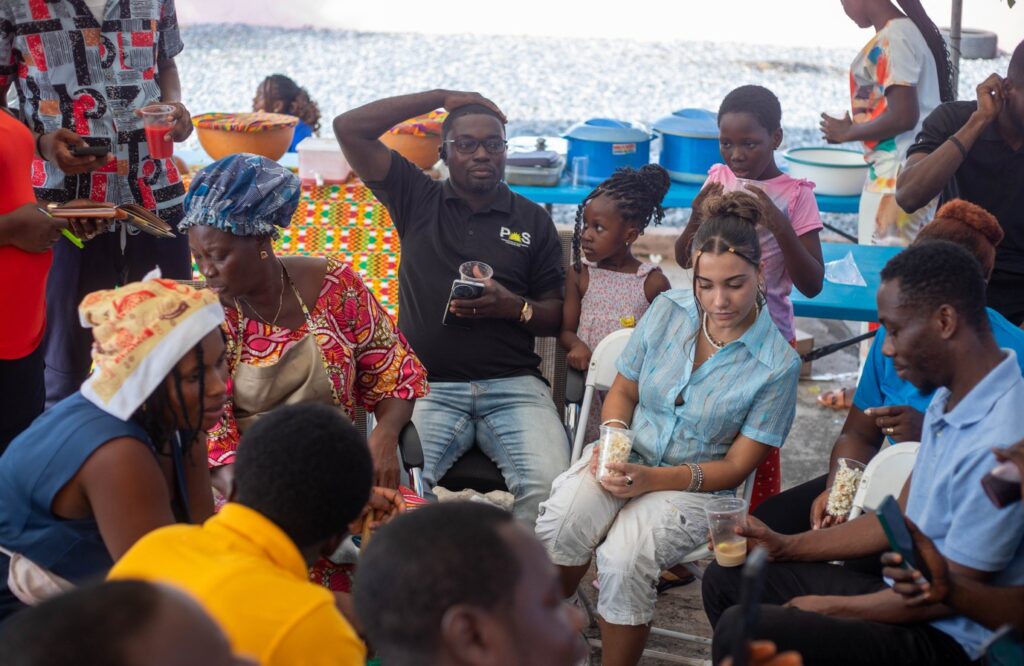
A glimpse of the liquid soap making workshop as part of the “Reformation, Rehabilitation, and Reintegration of Formerly Incarcerated Persons” program. 18th October 2024.
The program emphasised a path to dignity where the combination of practical skills and personal development can help participants overcome stigma. The localised and personal nature of POS work honestly restored my faith in humanity; it was moving to be part of a safe space created to advance and encourage formerly incarcerated persons as well as their families. But more importantly, steps like this to address rehabilitation are vital in societies where reoffending is common in the face of wobbly economies and job insecurity. It also raised critical questions: How do formerly incarcerated individuals effectively navigate the market? And how can POS stimulate opportunities in fragile economies to ensure these skills translate into sustainable livelihoods? Such questions underscore the multifaceted nature of post-prison life, a reality far more complex than vocational training alone can address.
Throughout the following days I was witness to the rigorous and multifaceted process of POS’ JFA Program. I attended stakeholder meetings with organizations like the UNODC, and UNFPA, and reviewed remand cases, and accompanied colleagues on prison visits. Something I found astounding was how tirelessly the POS paralegals juggled an immense administrative workload, liaising with stakeholders, and conducting inmate interviews. Their working days sometimes began at 5am and last until late evening.
After speaking to my colleagues about how chronic fatigue seemed to be a symptom of the job, I recalled Mr Osei Owusu remarking, “You must be truly passionate about the cause you are fighting for; otherwise, you will not be able to withstand the challenges.” This ethos not only drives the Foundation’s success but also inspires those who work alongside him. When interacting with other CIVSOC organisations, I noticed the alignments, where the CIVSOC world itself had its own Machiavellian dynamics which told me that there needs to be a discrete but strong dedication to system building and systems of networks.
I certainly kept the POS ethos in mind waking up at 3am ready to endure an 8-hour drive on rocky roads to Kofuridua Prison. This was followed by a trip to Sunyani Prison. These facilities, like many in Ghana, are overwhelmed by overcrowding—a consequence not of the prison officers themselves, but of systemic issues such as excessive arrests.
At the prisons, I assisted with inmate interviews, ensuring accurate information was gathered and later wrote reports for donor organizations. Some of the stories I encountered were very moving. A 17-year-old boy, for example, had been on remand for nearly a year for threatening someone during an argument—an offense that caused no physical harm and by someone with no prior convictions.
The conditions were quite shocking, none of the inmates had shoes or uniform. As someone who had never visited a prison in the UK or anywhere, I recalled sights I had seen on screen from my prison documentary addiction. I can concur that the conditions were not suitable to the number of inmates. Overcrowded rooms held 20 men in stifling heat, yet many of the inmates displayed surprising gentleness, which I attributed to POS’s rehabilitative efforts and the respect they fostered. However, some inmates showed signs of severe mental health issues, underscoring the urgent need for psychological support within the system. As I sat next to my colleagues I observed each inmate closely, offering them a smile out of empathy – often before I became aware of their alleged crime but always remembering that these people had spent years and years in prison without conviction.
The paralegals faced significant challenges in navigating case discrepancies. Records were often incomplete, and authorities occasionally misreported cases to avoid appearing incompetent. These delays underscored the systemic inefficiencies that hinder justice.
While I did not participate in mobile court hearings, I learned about the process, which involves brief sessions conducted within the prisons to adjudicate cases. Each hearing lasts a few hours and often addresses the cases of 30 or more inmates, followed by media briefings to raise awareness of the program’s impact.
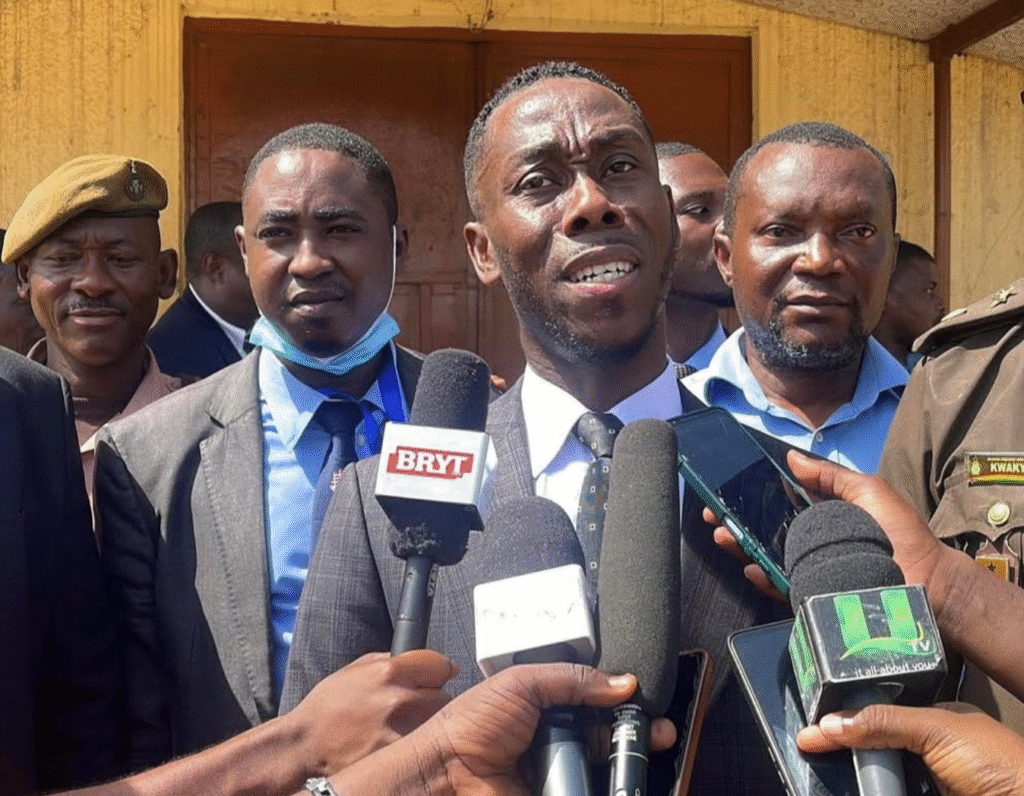
Jonathan Osei Owusu during a media briefing, following a mobile court sitting facilitated by the JFA program. December 2025.
Naturally, I expected the atmosphere to be tense and solemn in the prisons. But, to my surprise it was quite light in some regards, my colleagues were relaxed, yet professional. During the prison visits, Mr. Osei Owusu was excellent at mediating any issues, and translated the various languages for the remand inmates who did not speal Twi or English. Throughout, I was struck at how familial working with POS felt. Jonathan always made sure his staff were fed, taking us for lunch, and to the beach, waterfalls, and gigs on the weekends. I see this as an essential equilibrium of work and leisure, which is especially important when the nature of the work is as serious and as demanding as this is.
One of the foundational stages of the Justice for All (JFA) Program is securing the collaboration and support of diverse stakeholders. These programs are powerful on the ground but need financial and institutional muscle. For policy initiatives to influence the national agenda, NGOs must find out what the pressure points are, they must balance community support, momentum, and law.
During a donor meeting I attended in association with the POS Foundation and the United Nations Population Fund (UNFPA), I witnessed first-hand the delicate art of advocacy in civil society. The UNFPA representative, a Ugandan man with large, expressive eyes and a kind demeanour remarked: “Behind-the-scenes advocacy shows the power of togetherness in a stronger way. Quiet diplomacy is less counterproductive than loudmouth advocacy.” While I think ‘loudmouth advocacy’ is often necessary, it is true, that strategic subtlety is required for initiatives to be brought into official and professional domains.
Adding to this, Jonathan Osei Owusu, remarked that, in the realm of human rights work, leaders cannot afford to be overtly radical or confrontational. To advocate effectively and defend their employees in the field, leaders must embody respect, diplomacy, and professionalism—qualities that enable them to navigate complex political and institutional landscapes with credibility.
A significant conference that is frequently held, is the review of the lists of remand inmates. These reviews take place in the Accra City Hotel, led by Mr. Osei Owusu and involving judiciary leaders, legal advocates, and civil society representatives, serving as a forum for collaboration and decision-making. At its core, the process entails carefully analysing the lists of remand inmates to determine who qualifies for legal aid under the JFA program.
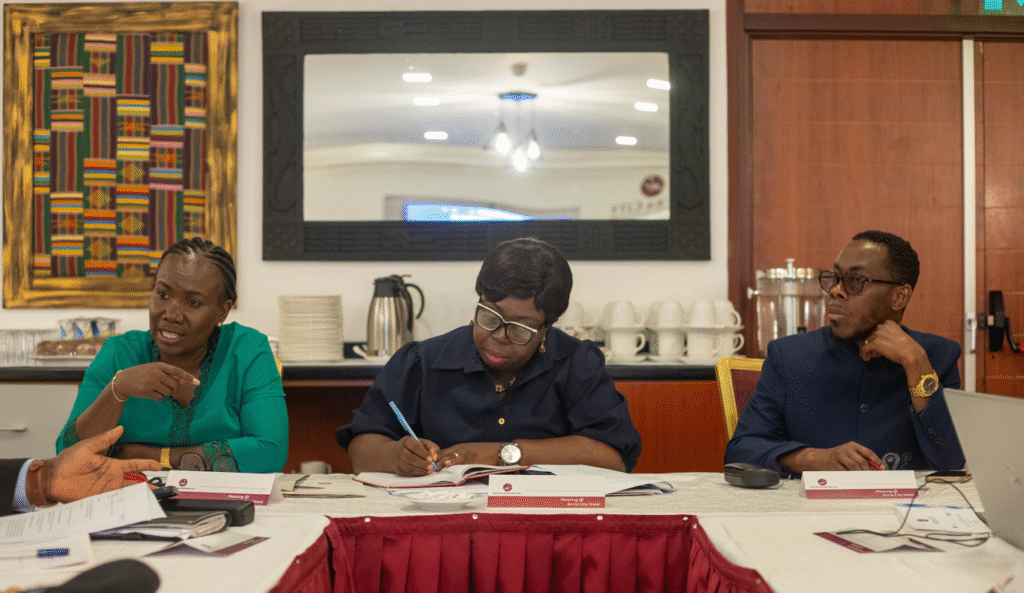
The review of remand inmate cases. November 2024.
With finite resources and time, stratification is necessary. Each case is scrutinized based on specific criteria, including the type of offense, the duration of time spent on remand, and the likelihood of resolution. Information such as case numbers, charges, admission dates, court details, and periods of detention is documented and evaluated.
Interestingly, certain offenses—such as illegal mining and firearms-related charges—are excluded from consideration. These cases often involve larger systemic or international issues that surpass the scope of POS’s resources. The remaining applicants typically fall into categories such as murder, armed robbery, or ‘stealing’, with eligibility thresholds determined by the time spent in remand. For example:
At first, I found this bizarre, that murder was in the same category as armed robbery. This opened a discussion during the conference. According to the head of legal aid, Mr Foley, armed robbery should be less scrutinised, and murder cases should have more attention paid. He said that this is in line with victimology as a new branch of human rights. Contrastingly, one of the heads of judiciary concurred that murder cases in Ghana are almost always a result of escalated conflict, they are rarely pre-meditated, unlike armed robberies, which are planned violence, often causing irretrievable damage to poor families. Indeed, my experiences of meeting many inmates with alleged murder charges was that they were cases of spur of the moment accidents after disputes and arguments. Most of the inmates did not seem sadistic, evil, or psychopathic.
As an intern, I had a lot of time to reflect on the complexities of criminal justice reform. More specifically, the historical imprint of colonialism on political, legal, and criminal systems cannot be understated. In Ghana, for instance, the British colonial administration established prisons as highly punitive mechanisms, relying on limited resources and rudimentary planning; a colonial legacy that has sadly continued post-independence. It is against this backdrop that the work of Jonathan Osei Owusu and the POS Foundation stands as a beacon of transformative change. Mr. Osei Owusu has spearheaded a wave of Pan-African, people-centered prison reform, inspiring similar initiatives in Uganda, Kenya, Zimbabwe, and The Gambia. This wave of homegrown solutions underscores a vital truth; that development must be directed by the right people, for the right people.
POS is officially recognised because, on record, things have progressed, and they have done so with little foreign intervention. The consensus amongst civil society in Ghana, and its civilians, is that communities and systems must be helped on a grassroots level. Local capacity agencies carry more credibility and there is a hunger and need for more of these organisations to be built. The growth of local capacity agencies shifts the conversation, shifts resolution building and its concept. Development becomes a country collective, avoiding foreign ideals, attracting slow system investment.
During a meeting with representatives from the United Nations Office on Drugs and Crime (UNODC), senior prison officials raised a broader issue that struck me as central to the future of prison reform: the nature of skills training for incarcerated individuals. While there is unanimous support for equipping prisoners with skills both during and after their sentences, the debate lies in what kind of skills are most relevant in today’s fast-evolving global society. Traditional vocational training programs, such as carpentry and sewing, remain foundational and practical. However, questions were raised about their adequacy, particularly for younger generations. As one official pointed out, the fast-paced nature of contemporary markets demands a shift toward technological skills, such as graphic design, photography, and marketing. These vocations not only resonate more with younger individuals but also align better with global employment trends.
Yet, there remains a stark gap between these aspirations and the reality of limited funding. For now, compromises are necessary. Programs like phone repair training were suggested as a middle ground—practical, cost-effective, and aligned with market demands. This conversation illuminated a broader truth, prison reform cannot simply replicate old models of rehabilitation. It must evolve with the changing socio-economic landscape, offering incarcerated individuals’ skills that enable meaningful re-integration.
CONCLUSION
One of the most profound lessons I took away from my time with the POS Foundation is that the work of criminal justice reform is never abstract. It doesn’t linger in theoretical frameworks or distant ideals—it operates in the stark reality of overcrowded prisons, underserved communities, and broken systems. The POS Foundation, under the fearless leadership of Jonathan Osei Owusu, tackles systemic issues head-on. These are not problems created by individual citizens, but by structural inequities that have endured through decades of neglect and poor governance. This makes the work inherently challenging, often risky, and deeply relentless.
The importance of continuing support for organizations like the POS Foundation cannot be overstated. Their locally led, people-centered approach proves that change must come from within communities to be meaningful and lasting. Still, international advocacy plays a crucial role in amplifying these efforts and addressing the global dimensions of criminal justice reform. This cannot be disregarded. Initiatives that blend local expertise with international solidarity are the ones that stand the greatest chance of dismantling entrenched injustices.
I write this article as a reminder of the power in the balance between hope and pragmatism!
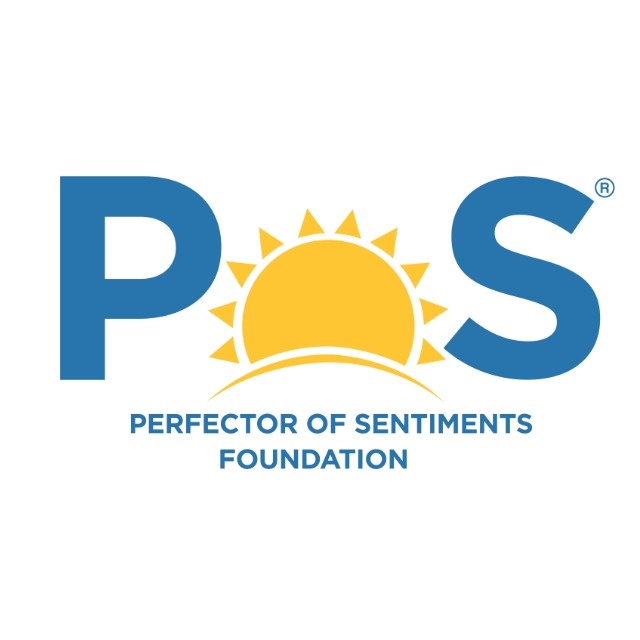
Locate Us:
Ghana Post GPS : GA3602673
Yogaga Street Mataheko,
Central University